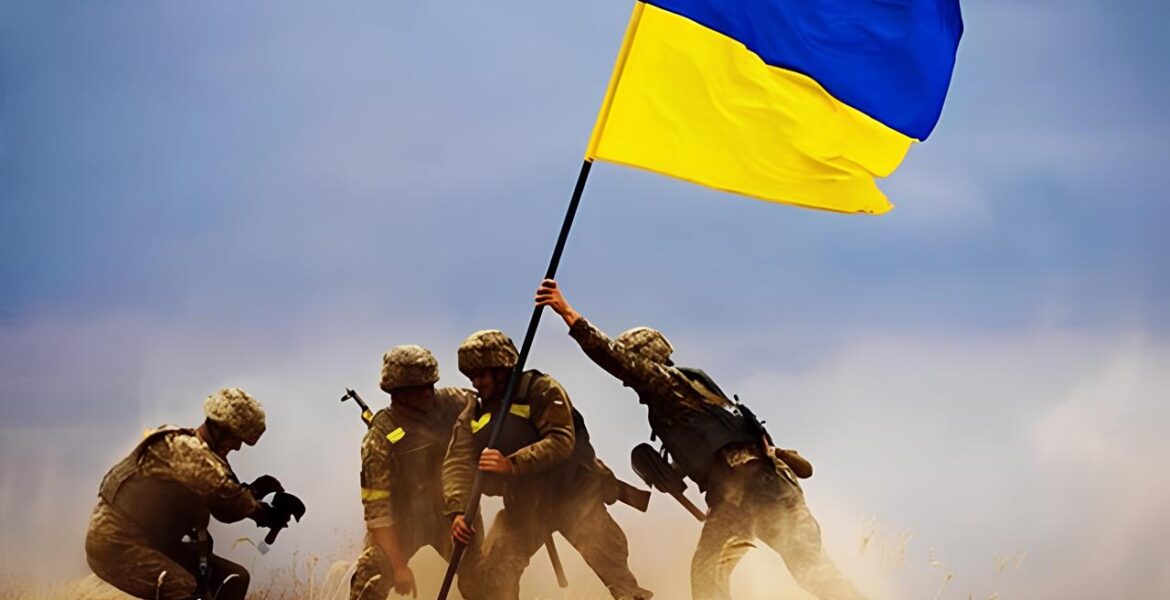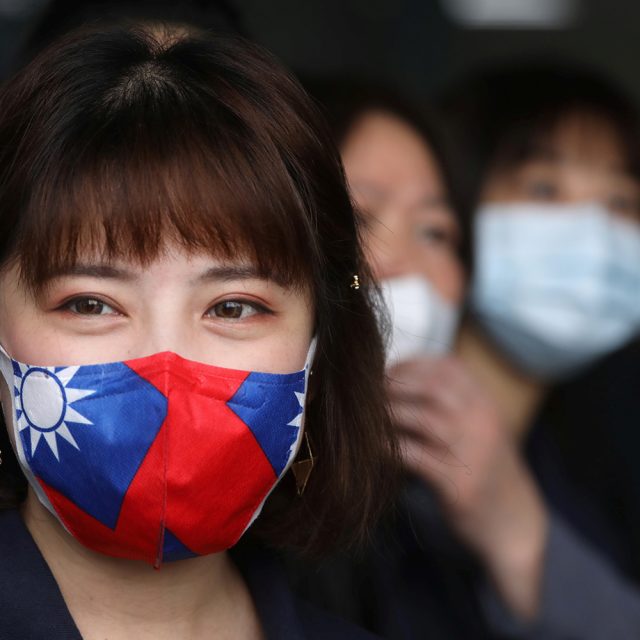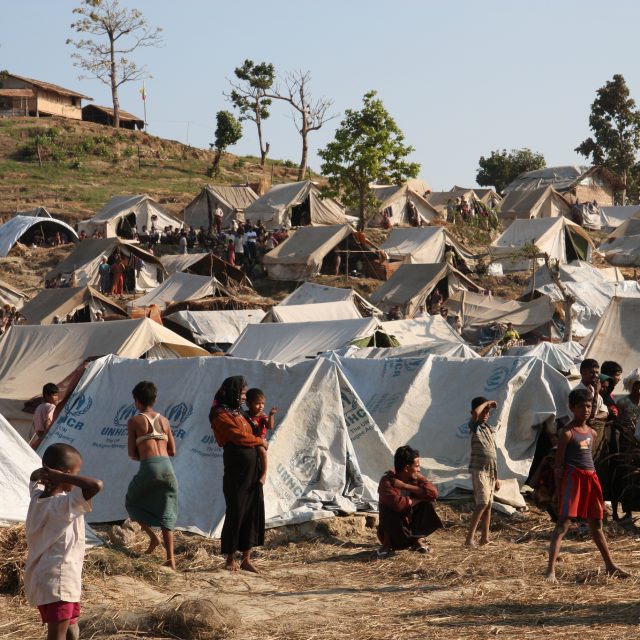As the conflict in Ukraine intensifies, the Western world confronts a pivotal moment that will define its global leadership for years to come. The decision to withhold military aid risks not only undermining solidarity but also signalling weakness that could embolden further aggression and escalate conflicts into neighbouring regions.
Western nations must understand the prolonged nature of the standoff with Russia. Doubts about Russia’s future must be dispelled, and fears of its potential dissolution should not dictate policy. The current state of Russia, maintaining a quasi-imperial stance, poses significant threats to global security, including the uncontrolled proliferation of missile and nuclear technologies among adversarial states.
Failure to support Eastern European democracies sends a clear message globally that the era of Western dominance in global affairs is waning. This reluctance could potentially lead to a new era of instability characterised by localised conflicts and the ominous spectre of a major global war, possibly involving nuclear weapons.
The current ceasefire in Ukraine may prove to be a precursor to potential broader global conflicts. Observers note with concern the West’s apparent reluctance or inability to address global challenges. This hesitance emboldens proponents of global realignment, who are increasingly stirring conflicts in the Middle East, East and South Asia, and the Persian Gulf. Russia’s actions in Ukraine serve as a catalyst, encouraging proxies worldwide to challenge the existing global order.
The West is currently being tested on its ability to confront contemporary challenges decisively. Failure to do so could lead to scenarios where critical international corridors, such as the Suwalki Corridor, will fall under threat, or where aggression against Baltic states becomes a reality.
Russian society’s deep-seated resentment and nostalgia for its former imperial status exacerbate global tensions. Western democracies must acknowledge their historical responsibilities and the immense international pressures they will face should they fail to adequately support Ukraine with the necessary military aid.
Reduced aid to Ukraine not only places the United States and other Western nations under international scrutiny but also shifts the burden of historical responsibility onto them for potentially exacerbating a global crisis.
It is crucial for NATO to maintain comprehensive support particularly through military aid to Ukraine. The economic and strategic costs of countering Russian ambitions in Ukraine far outweigh the costs of preventive measures.
It is not solely Ukraine’s struggle; the democratic free world must adopt a resolute stance against the current regime in Moscow. This includes setting clear conditions for ending the conflict, maximising Ukraine’s military capabilities, and diplomatically isolating Russia to prevent future aggression.
Timely provision of arms and ammunition to Ukraine is critical to avoid scenarios where NATO must invoke Article 5 of its Treaty as a last resort.
The West faces a critical juncture where its decisions will resonate globally. By supporting Ukraine with the military aid it needs, the West can demonstrate its commitment to international stability and reaffirm its leadership in an increasingly tumultuous world. The consequences of indecision or half-hearted support would be catastrophic, spawning a dangerous new global order that would threaten peace and security worldwide.




